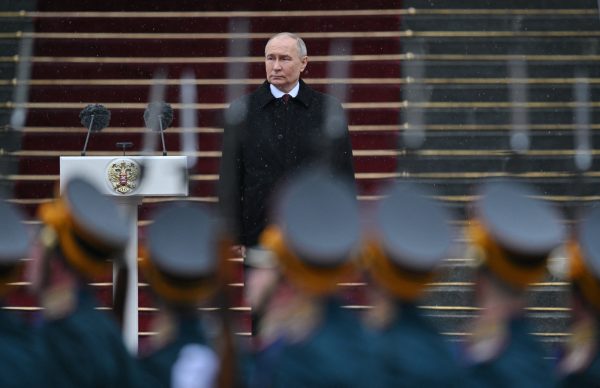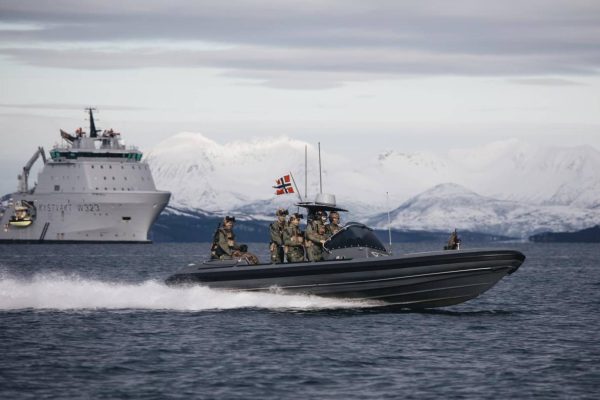Imagine that the United States loses focus, interest, and patience in supporting Kyiv against Russia’s onslaught. Vital congressional votes fail. Russia bombards Ukraine as winter bites, destroying heating systems and sending hundreds of thousands of civilians fleeing from uninhabitable cities. Out of ammo, money, time, and options, Volodymyr Zelenskyy accepts a China-brokered ceasefire. Russia keeps its conquered territories. The fighting stops, for now. What happens next? (Spoiler alert: the US loses big time in the end.) But the first victim is…
Ukraine. Arm-twisted into an armistice, the country is a traumatized mess, furious at Western betrayal, politically divided, and economically stricken. Without external security guarantees, Ukraine is uninvestable for the private sector. Dreams of a post-war reconstruction wither. Anti-corruption reforms and institution-building fall victim to blame-dumping and score-settling. Post-ceasefire Ukraine is easy prey for…
Russia. The message for the Kremlin at home and abroad is: our war worked. Vladimir Putin is politically untouchable and revels in global prestige: he fought the West and won. The Russian leader won’t rest on his laurels, though. Having used force once to change an international border, why not do so again? Central Asia is one target, the Caucasus another. Or take another bite from the carcass of Ukraine. The other big victim of this is…
Europe. Strategically naked following the sudden collapse of seven decades of American power, the world’s second economic superpower splinters. Some countries seek deals with Russia — why not back the winner? Others band together for a last-ditch attempt to stop Putin’s march westwards. Trust frays and old rivalries emerge. Europe “whole, free and at peace”? Not anymore. Internal divisions lead to external impotence. The big winner from all this is…
China. Without US leadership, Europe is easy prey for the Beijing party-state’s divide-and-rule tactics. But it gets worse: the credibility collapse spreads from Europe to the Indo-Pacific. The PLA Navy starts a creeping blockade of Taiwan, which crumbles without a fight. Long-standing allies such as Japan and South Korea reckon that the American century is over and scramble to find alternatives. Xi Jinping can retire confident that his mission of making his country the most powerful in the world is all but accomplished. The greatest loser of all is, therefore, the…
United States. In a few short months, the US goes from being the leader of a globe-spanning web of alliances, with a dominant position in international rule-based organizations, to being vulnerable even on its own continent. Having sought to concentrate resources on the existential struggle with China, the US ends up losing the allies, clout, and credibility that gave it a chance of winning that contest.
Europe’s Edge is CEPA’s online journal covering critical topics on the foreign policy docket across Europe and North America. All opinions are those of the author and do not necessarily represent the position or views of the institutions they represent or the Center for European Policy Analysis.





